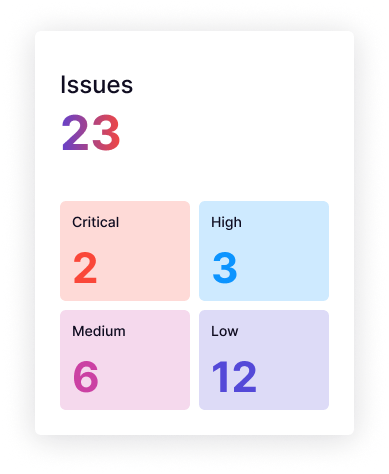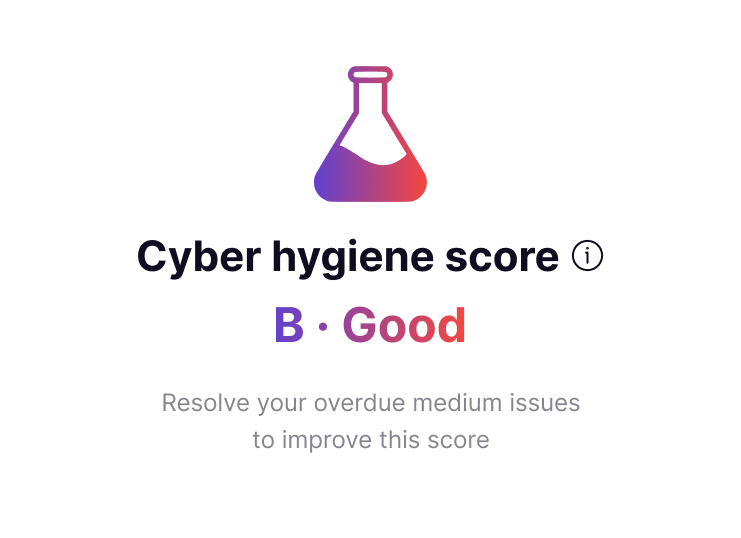
The cyber threat landscape is always expanding as connectivity grows between physical and digital systems. Cyber threats can compromise critical information, disrupt operations, undermine national security, and even put lives in jeopardy.



Data has become a valuable asset, but its growth increases risk if not managed properly. Imagine a future where data governance is standard, privacy issues are proactively addressed, and data is protected and managed throughout its lifecycle.
Application security involves diverse tools to uncover and resolve vulnerabilities. Enhance your strategy with hands-on and automated testing. Partner with us to integrate security measures at every stage of software development.
Imagine cyber tools detecting threats through human interactions, crucial for blocking dangers and managing breaches. We'll find an EDR system with instant detection, automated handling, and seamless integration with your security measures.
The digital banking and e-commerce revolutions have in an increasingly digital age, the retail industry finds itself at the forefront of a mounting cybersecurity battle, grappling with a rising tide of data breaches, substantial financial ramifications, and the unique vulnerabilities posed by the booming realm of e-commerce.


Gray-box and white-box web app security testing: evaluating an online banking system from an sintruder's perpective (without user-level access), and analyzing source code and architecture.
Initial ATM audit gathers system info, assesses components, tests protocols, and scans for vulnerabilities. Security assessment includes finding vulnerabilities, developing exploits, and demonstrating attacks.
Our SSDL consulting service guides organizations in secure application development with infosec training, policy and risk assessment development, secure coding practices, code review, deployment, and incident response planning.
Cyber security compliance is like a GPS guiding your organization through the maze of industry standards. Regulations and standards governing cybersecurity compliance may vary by region.
This EU law governs data protection and privacy. It sets out a legal framework for the collection and protection of personal data of individuals based in the EU.
This U.S. federal law protects sensitive health-related information. Entities that electronically transmit health information for specific transactions must comply with HIPAA's privacy standards.
Achieving and maintaining ISO 27001 compliance demonstrates that organizations have implemented essential security controls and processes to safeguard their systems and sensitive data, though it's not mandatory.
All merchants and service providers that process, transmit or store cardholder data must comply with the PCI DSS. It applies to merchants even if they have subcontracted their payment card processing to a third party.